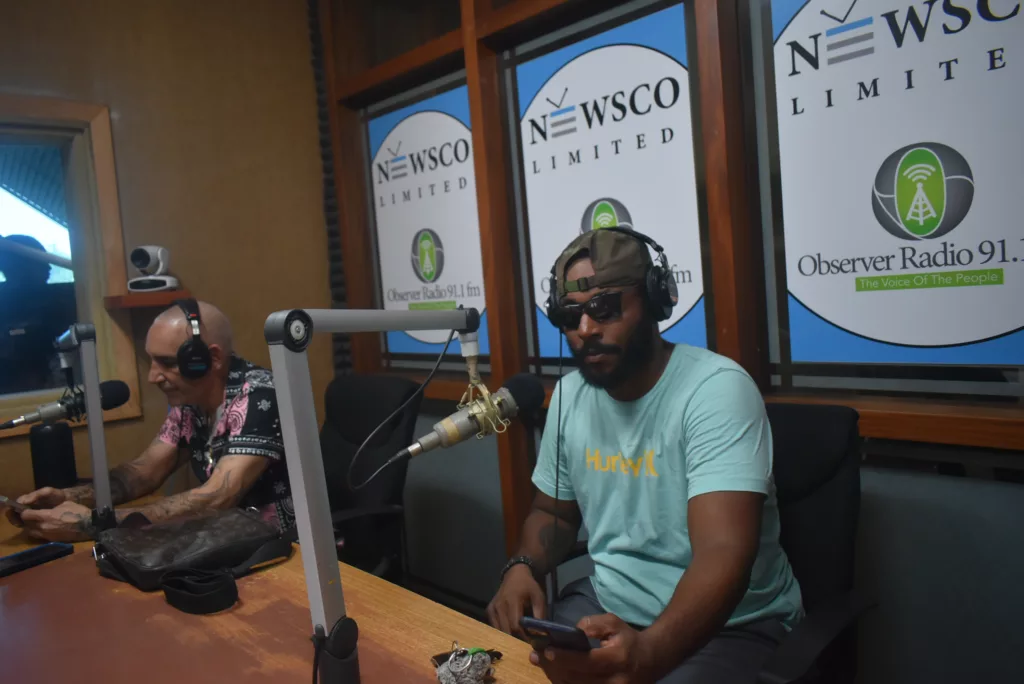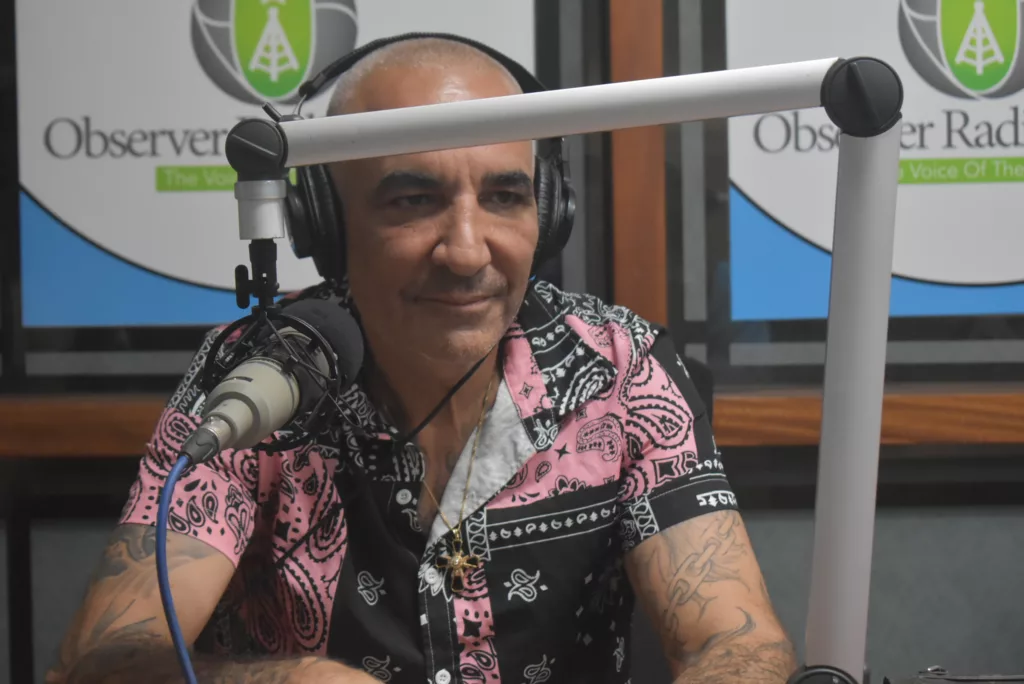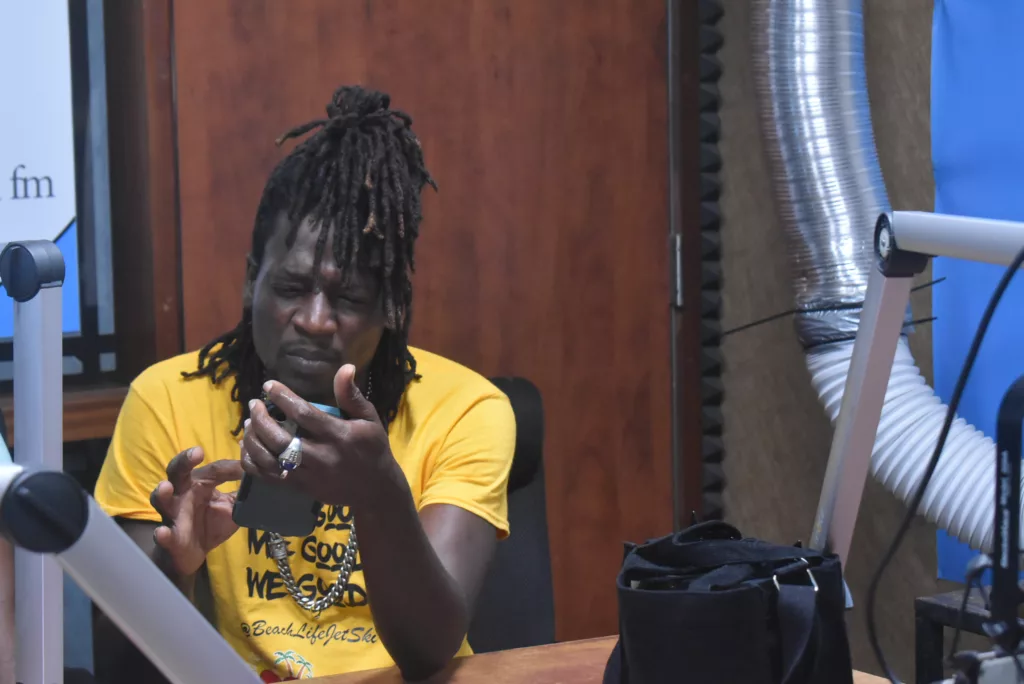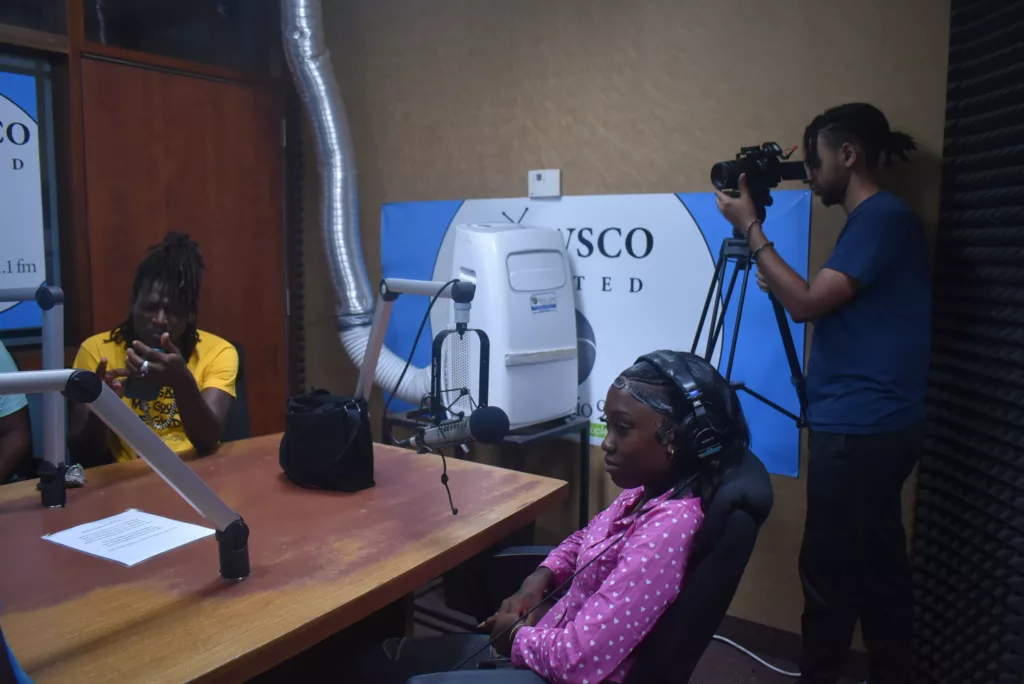By Samantha Simon
[email protected]
In recent years, Antigua and Barbuda has emerged as a hub for innovative initiatives aimed at fostering sustainable development and environmental conservation.
Ambassador Alkiviades (Alki) David, founded SwissX in Switzerland, originally as a cannabidiol (CBD) product company after years of acting as an advocate for the hemp and marijuana industries.
The company has grown into a multi-faceted project that encompasses various components, including cryptocurrency, environmental conservation, and community empowerment.
According to David, they are currently focused on the business of carbon credit offsets through their farmer’s co-operatives and reforestation projects across the region, as well as in Africa and South America.






“As a result of the farming corporative that we developed right here in the Caribbean, we now have started very large regeneration programmes, reforestation, and refarming programmes. Our corporation today manages 400 million tonnes of carbon credit offset.”
Carbon credit offset is a mechanism used to mitigate greenhouse gas emissions by investing in projects that reduce or remove carbon dioxide (CO2) or other greenhouse gases from the atmosphere.
SwissX has already begun to focus its attention on Antigua and Barbuda as a location for its project to continue to grow and effect positive change.
They currently aim to leverage blockchain technology and cryptocurrency to drive economic growth, while simultaneously addressing environmental challenges by building a digital token based on the 400 million carbon offset credits SwissX currently manages, built on XRP.
XRP is the native crypto token of the Ripple network which is owned by a company by the same name, which operates on a decentralised, open-source blockchain known as the XRP ledger (XRPL).
Currently, one carbon credit has a monetary value on the compliance and voluntary carbon markets of US$40 to US$80 per tonne, on average, though it can go as high as US$100 per tonne.
However, this can be expected to fluctuate greatly with supply and demand, which is also fueled by regional and international regulations.
One million dollars in tokens is currently being made available to citizens of Antigua and Barbuda who sign-up as part of the SwissX platform, and they will receive approximately US$6.00 in tokens.
This project mirrors one also being facilitated by SwissX in Greece.
Currently the SwissX token is listed on two independent crypto exchanges, MEXC and Zonda.
One of the key aspects of SwissX is its focus on carbon offsets and environmental conservation through strategic partnerships and initiatives.
By incentivising sustainable practices and investing in eco-friendly projects, SwissX seeks to create a positive impact on the environment while generating economic value for the local community.
Beyond its cryptocurrency venture, SwissX is also working on facilitating the production of vegetable diesel from sargassum seaweed here in Antigua and Barbuda, with its first facility at Dredge Bay projected to be opened in time for the SIDS conference here in May.
Vegetable diesel, also known as biodiesel, is a renewable alternative fuel derived from natural sources such as vegetable oils or animal fats.
It is typically produced through a process called transesterification, which involves reacting vegetable oils or animal fats with an alcohol (such as methanol or ethanol) in the presence of a catalyst.
“By the SIDS Conference in May, we will demonstrate how all of our cars are operating off sargassum diesel without a single conversion made to the car,” explained David.
One of the other notable initiatives spearheaded by SwissX is the planting of mangroves in Antigua and Barbuda.
Mangroves play a crucial role in coastal ecosystems, providing habitat for marine life, protecting coastlines from erosion, and sequestering carbon dioxide from the atmosphere.
As it stands currently, SwissX has positioned itself to propel the green economy of Antigua and Barbuda forward via it’s multiple projects focused on environment sustainability.


